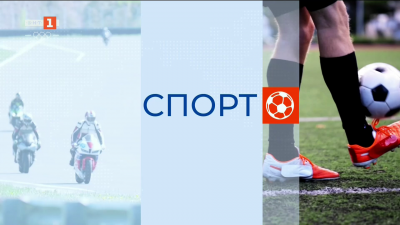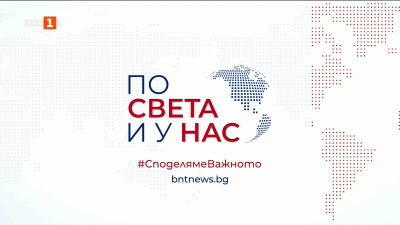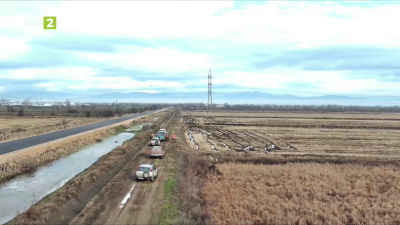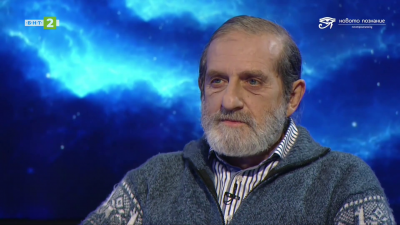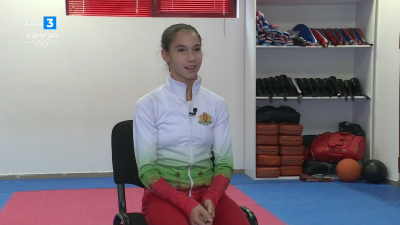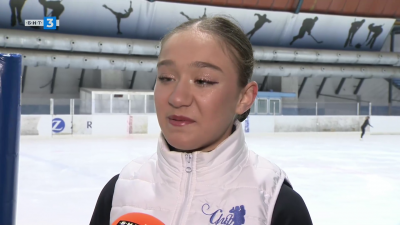Is Bulgaria’s Lukoil Neftochim skirting around EU’s Russian oil embargo? (summary)
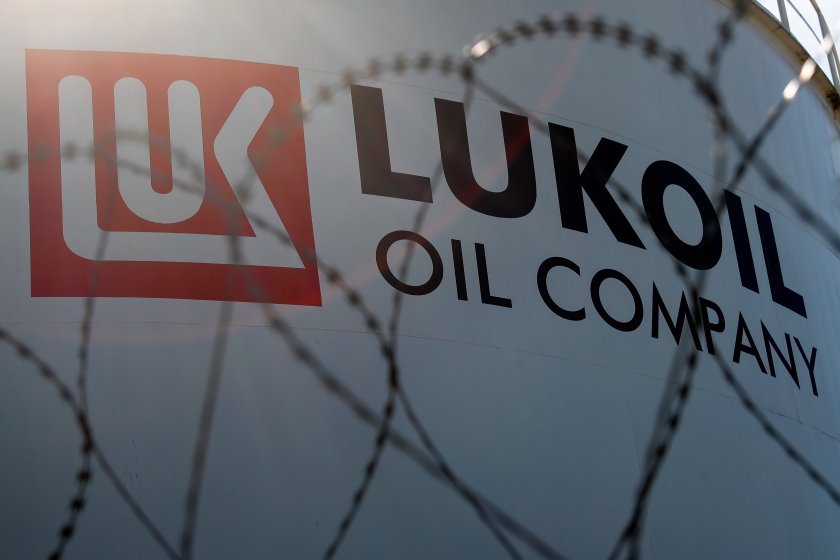
A report by three NGOs claims that the Bulgarian oil refinery in Burgas, which is owned by Russian oil giant Lukoil, is circumventing sanctions and exporting fuels made from Russian oil to EU countries.
- According to the report, more than EUR 1 billion has been paid into the Kremlin's budget in this way in recent months alone.
- The report is not surprising, but the scale of the scheme is, Prime Minister, Nikolai Denkov, said in response to a question from BNT. He said legislative changes were needed to criminalise sanctions evasion.
- Such legal changes were also recommended by European Chief Prosecutor, Laura Kövesi, after a meeting with Nikolai Denkov and Mariya Gabriel on November 9.
Putin rakes in extra €1B for his war chest via Bulgaria sanctions loophole
It turns out that the scheme operates on the edge of the law. Officially, Lukoil Neftohim complies with the requirement and exports finished oil products from Bulgaria to third countries. According to the joint investigation by Global Witness, the Centre for Research on Energy and Clean Air (CREA), and Center for the Study of Democracy (CSD), in the high seas or in international ports, these products are transferred, from ship to ship, thus reaching markets in European Union countries and even the United States.
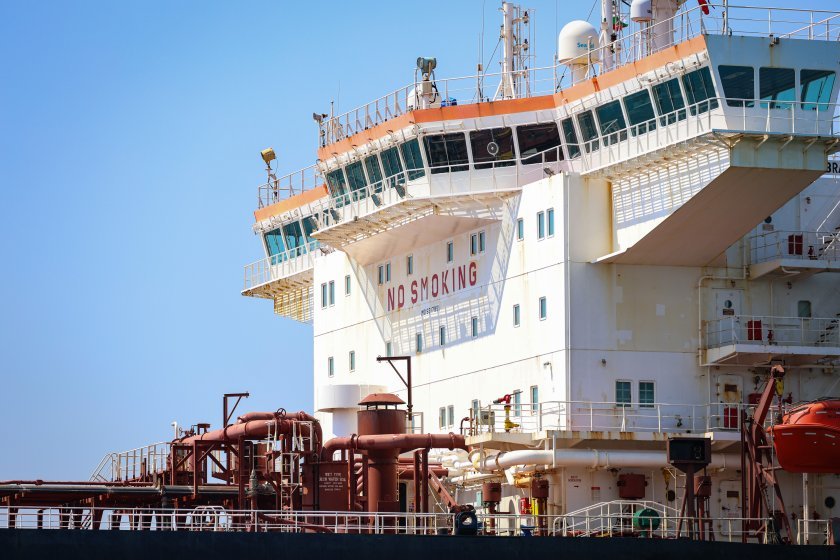
According to the Bulgarian Prime Minister, Bulgaria cannot react, firstly, because we have no control over operations on the high seas and secondly - violating sanctions is not a crime and criminal responsibility cannot be sought. According to the report, through this scheme, Lukoil has made a profit of around USD 3 billion since the start of the war in Ukraine.
The investigation reveals that since the beginning of 2023, the Burgas refinery has processed 4.5 million tonnes of Russian oil - about 95% of the oil used in the plant, contributing €1 billion to the Kremlin in direct tax revenues.
It was also revealed today that Prime Minister, Nikolai Denkov, has invited the CSD team to a meeting in the coming days. The aim is to examine their report in detail and find out what the discrepancies with the data from the Customs Agency and the NRA are due to.
The investigation, which was done by the CSD together with its international partners, is based on public data on imports of Russian Ural crude oil into the country and exports of finished products from the Burgas refinery.
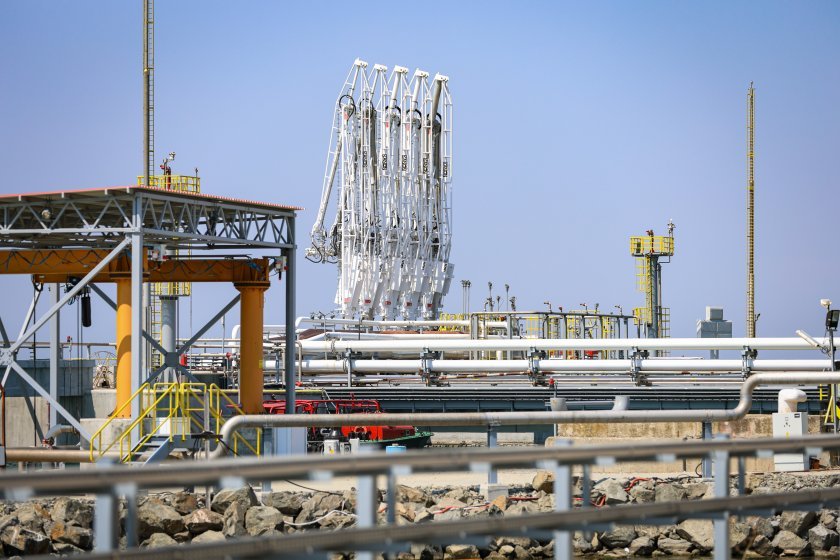
"Lukoil is taking advantage of a loophole in the text of the derogation, which says the company can export fuels made from Russian oil when the environmental security of the region is threatened. We have not observed such risks and our analysis shows that there is sufficient fuel storage capacity to avoid such risks," said Martin Vladimirov, Director of the Energy and Climate Program at the CSD.
Again based on public data, the investigation found that the Russian oil giant stores residual products, including low-octane petrol at its storage facilities in Romania and the Netherlands. The three NGOs have also tracked the movement of two tankers of fuel from the oil port near Burgas to third countries.
"One export is from 8 August, then the cargo leaves Rosenets and arrives 15 days later in Rotterdam. And the other ship travelled in March to Malta, from there it was transferred to a Bahamian ship and arrived in Florida," Martin Vladimirov explained.
The data also show that in the period March-July this year 239 thousand tons of refined products have left Bulgarian ports for third countries, which have been traced and it was found that were transferred in key centers in international waters such as Kalamata, Malta and Ceuta.
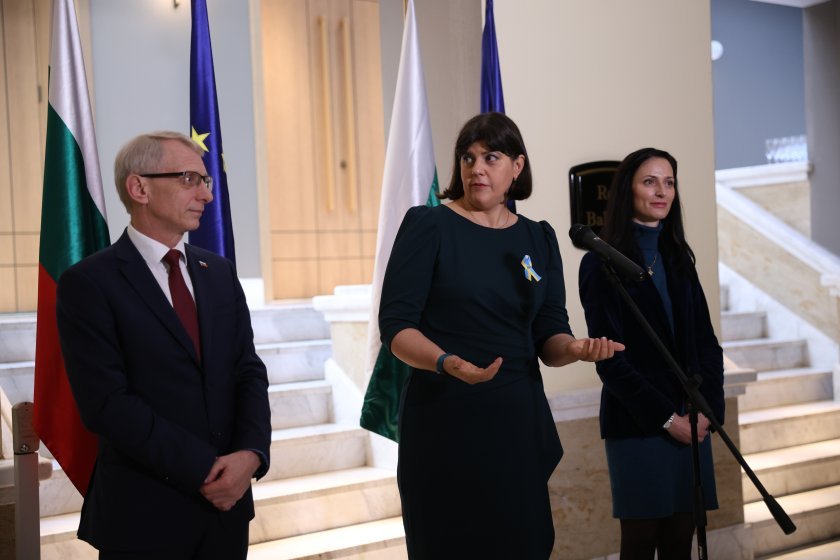
"These fuel exports have contributed to 1 billion in budget revenues for the Kremlin in the period from March to July, this year," Vladimirov said.
Prime Minister, Nikolai Denkov, commented that much of the information in the report was known before its publication.
"There is no particular surprise, except for the scale in which this whole scheme to circumvent the sanctions you say is revealed. But what should and can be done is to act according to the laws, and where the laws are ineffective, to improve them accordingly. What is within the power of the Bulgarian Government, and has already been done, is to raise substantially the taxes that Lukoil has to pay in order to reduce the excess profits that are quoted in this report and, accordingly, on the one hand, to reduce the funds that go to the Russian Federation to fight the war and, on the other hand, to increase the funds that go to the Bulgarian budget."
PM: Government increased taxes for Lukoil to reduce Burgas refinery's excess profits
The report of the three NGOs has also been submitted to the European Chief Prosecutor. At a meeting today, Nikolai Denkov and Laura Kövesi discussed that texts should be created to criminalise the violation of sanctions against Russia, both in Bulgaria and in other member states.
"I congratulate the authorities in Bulgaria for joining the Franco-German initiative to extend the powers of the European Public Prosecutor's Office to investigate the circumvention of sanctions against Russia. Currently, the institution has very limited powers to investigate violations of these sanctions by EU member states. Two things need to be done - national legislation needs to be adopted to criminalise sanctions evasion and the powers of the European Public Prosecutor's Office need to be increased to cover this type of crime," said European Chief Prosecutor, Laura Kövesi.
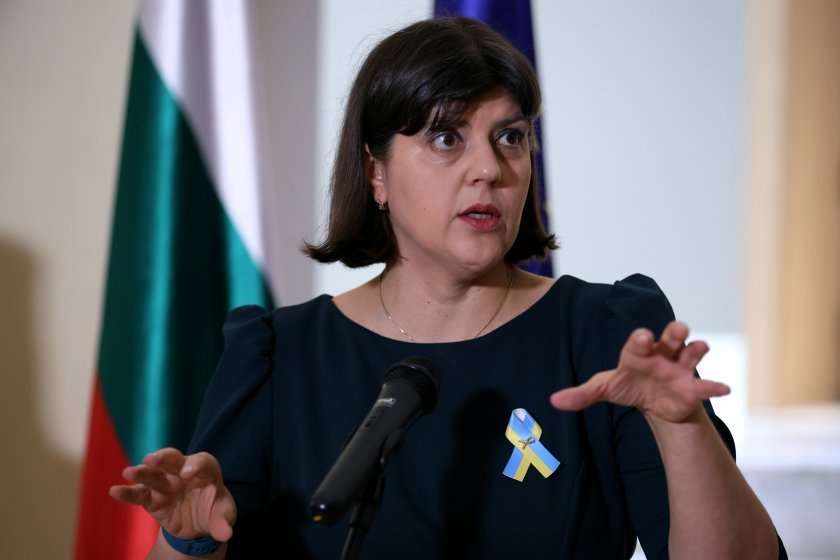
The European Commission has no record of sales made by the Burgas refinery, a spokesperson for the commission said. According to Daniel Ferri, the responsibility for implementing sanctions against Russia lies with the member states themselves.
"The derogation was adopted unanimously by the member states. There is a very specific reason for this derogation and that is to ensure security of supply. It was also introduced for environmental reasons. An important point to mention is that this derogation is temporary and expires at the end of next year," said Daniel Ferri, spokesperson of the Commission.
Experts calculate that exports of finished fuels and petroleum products from the Burgas refinery also directly affect the domestic market.
"In fact, if the refinery were to sell larger quantities of fuel on the Bulgarian market, the price should fall, as we have commented many times, by at least 0,40 BGN down," Martin Vladimirov said.
The parliamentary group of GERB - UDF reacted to the data of the NGOs’ report. In a statement, Delyan Dobrev reminded that for more than a year they have been saying that only the Kremlin regime benefits from the derogation.
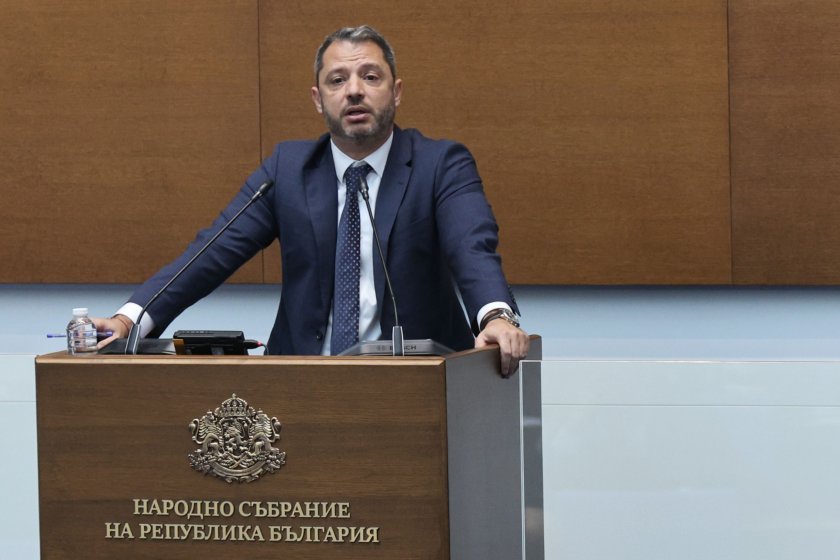
"And the Bulgarians are footing the bill. This is what “Politico” told you today, based on a number of international studies, and it suddenly became news. “Politico” told you today that in the past 6 months alone, the funds that have flowed out of the Bulgarian's pocket to the Putin regime are enough to fund the Wagner paramilitary group for 1 year. The Bulgarian consumer pays for petrol and diesel as much as it costs in all other countries," Dobrev said.
According to Dobrev, until February 2022, the share of Urals oil type that was processed in the Burgas refinery was up to 52%, and then increased to 94% of the total amount processed, and the Russian crude we import has increased from 15 million barrels before the start of Russia's war in Ukraine to 45 million barrels now.
"Lukoil Neftohim" denies circumventing EU embargo on Russian oil products
Speaking to Bulgarian National Radio, Alexander Velichkov, deputy chairman of Lukoil's supervisory board, denied the Burgas refinery was circumventing the European Union's embargo on Russian oil products. He called the data in the report "suggestions" that are factually incorrect. According to Velichkov, the refinery has the right to export certain products and complies with these rules.
Images by BTA
Get the latest news wherever you are!
Follow us on
Facebook
and
Instagram
Follow BNT’s YouTube channel
You can now also watch us on
TikTok
Find us on
Google News







